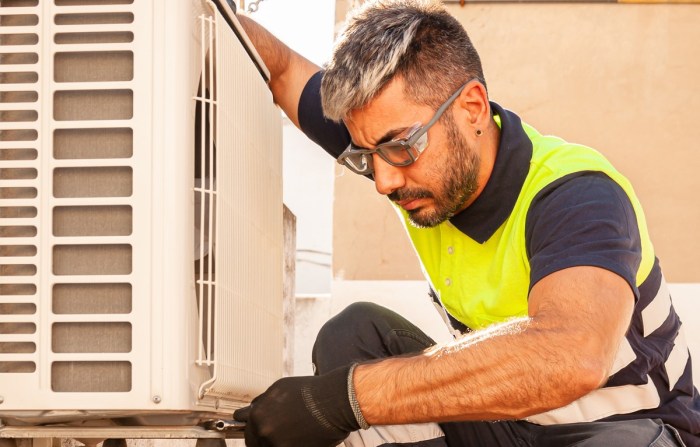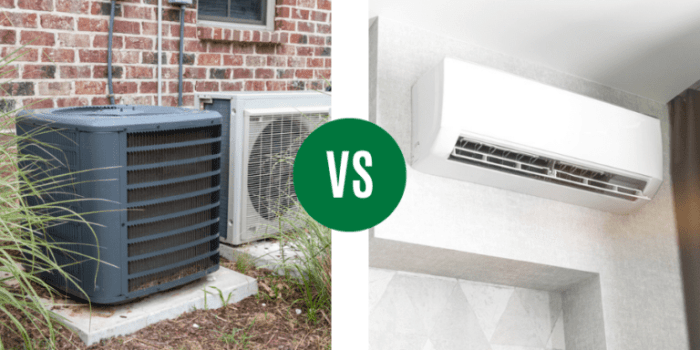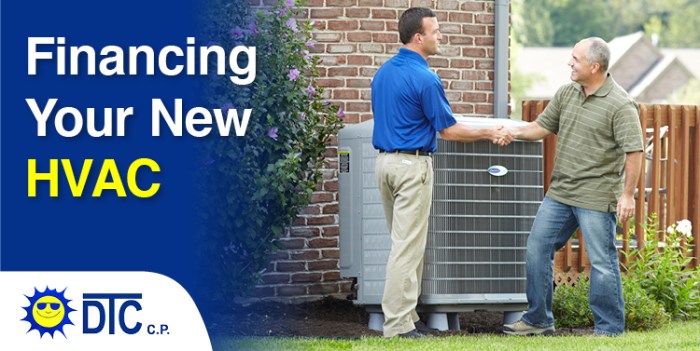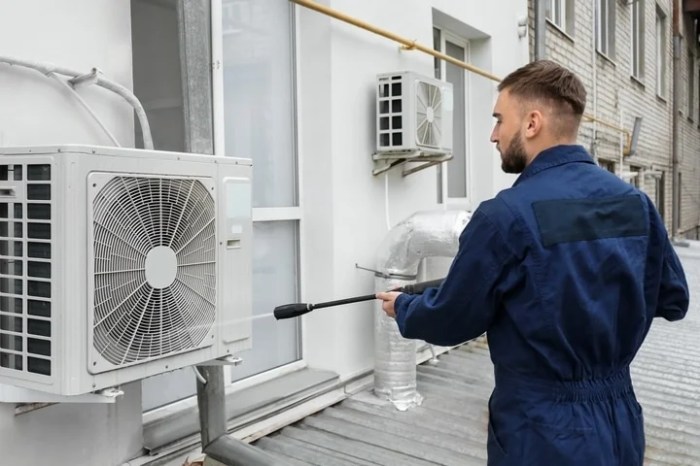When to Replace Your Air Conditioner: Expert Advice
When to Replace Your Air Conditioner: Expert Advice delves into the crucial considerations surrounding the lifespan of your cooling system. Discover key insights and recommendations that could save you time and money in the long run.
Explore the signs, factors, and tips for choosing the right replacement that aligns with your needs and budget. Stay informed and make informed decisions for a comfortable living environment.
Importance of Regular Maintenance
Regular maintenance for air conditioners is crucial for ensuring optimal performance and longevity of the unit. By scheduling routine maintenance, homeowners can prevent costly repairs and extend the lifespan of their air conditioner.
Prolonging the Lifespan
Regular maintenance tasks such as cleaning or replacing air filters, checking refrigerant levels, and inspecting and cleaning coils can help prevent the build-up of dirt and debris that can strain the system. This reduces the risk of breakdowns and ensures that the air conditioner operates efficiently, ultimately prolonging its lifespan.
Preventing the Need for Replacement
In addition to extending the lifespan of the air conditioner, regular maintenance can also help prevent the need for premature replacement. By addressing minor issues early on, such as worn-out components or leaks, homeowners can avoid major breakdowns that may require costly repairs or replacement of the entire unit.
Simple tasks like lubricating moving parts, checking thermostat settings, and clearing debris from the outdoor unit can go a long way in maintaining the efficiency and performance of the air conditioner.
Signs Your Air Conditioner Needs Replacement
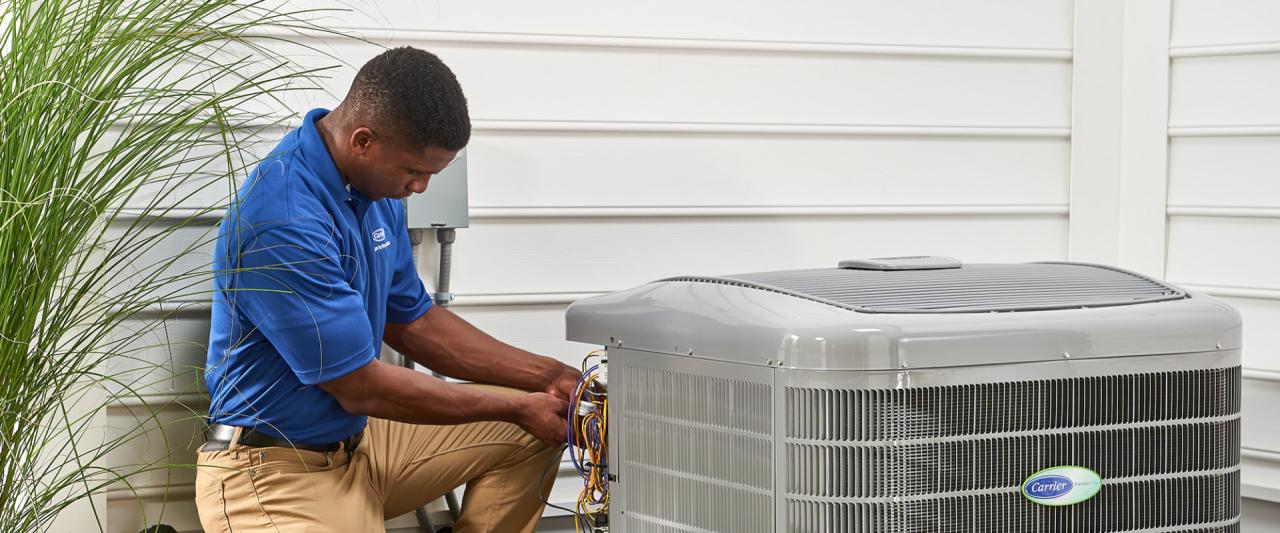
Over time, your air conditioner may exhibit signs that indicate it's time for a replacement rather than a repair. Ignoring these signs could lead to more significant issues down the road.
Strange Noises
If your air conditioner starts making unusual noises such as banging, grinding, or squealing, it could be a sign of internal damage. These sounds often indicate worn-out parts that may be beyond repair.
Reduced Cooling Efficiency
One of the most obvious signs that your air conditioner needs replacement is a noticeable decrease in cooling efficiency. If your AC struggles to cool your home or takes longer to reach the set temperature, it might be time for an upgrade.
Cost-Effective Solutions
While repairs can be a temporary fix, there are instances where replacement is a more cost-effective solution. If your air conditioner is older, constantly breaking down, or the repair costs are adding up, investing in a new unit could save you money in the long run.
Factors to Consider Before Replacing
Before deciding to replace your air conditioner, there are several key factors that homeowners should consider. One of the most important factors is the energy efficiency of the unit, as well as the environmental impact of replacing an older air conditioner with a more eco-friendly option.
Compare the Energy Efficiency
When considering replacing your air conditioner, it's essential to compare the energy efficiency of your current unit with newer models. Older air conditioners tend to be less energy efficient, resulting in higher energy bills. Newer models are designed to be more energy efficient, which can save you money in the long run
Look for units with a high SEER (Seasonal Energy Efficiency Ratio) rating, as they are more energy efficient and can help lower your cooling costs.
Discuss the Environmental Impact
Replacing an older air conditioner with a more eco-friendly option can have a positive impact on the environment. Older units often use refrigerants that are harmful to the ozone layer, contributing to climate change. By opting for a newer, more eco-friendly air conditioner, you can reduce your carbon footprint and help protect the environment.
Look for units that use refrigerants with lower global warming potential (GWP) and are ENERGY STAR certified for maximum environmental benefits.
Choosing the Right Replacement
When selecting a new air conditioner for your home, it's crucial to consider various factors to ensure optimal performance and energy efficiency. Here are some key points to keep in mind:
Selecting the Right Size and Type
- Consult with a professional HVAC technician to determine the appropriate size of the air conditioner based on the square footage of your home.
- Consider the type of air conditioner that best suits your needs, whether it's a central air system, ductless mini-split, or window unit.
Benefits of Upgrading to a More Efficient Model
- Investing in a more energy-efficient air conditioner can lead to lower utility bills in the long run.
- Modern units often come with advanced features such as programmable thermostats and zoning options for improved comfort and control.
- Environmentally friendly models help reduce your carbon footprint and contribute to a greener home.
Importance of Professional Installation
- Proper installation by a certified technician is essential to ensure the air conditioner operates at its peak efficiency.
- Professional installation helps prevent common issues such as leaks, inadequate airflow, and improper sizing that can affect performance and longevity.
- Warranty coverage may require professional installation to remain valid, protecting your investment in the new air conditioner.
Wrap-Up
In conclusion, knowing when to replace your air conditioner is essential for maintaining a cool and efficient home. With the right information at your fingertips, you can make the best choice for your comfort and convenience.
FAQ Explained
Is regular maintenance really necessary?
Yes, regular maintenance is crucial for keeping your air conditioner running efficiently and extending its lifespan.
What are some common signs that my air conditioner needs to be replaced?
Common signs include strange noises, reduced cooling efficiency, and frequent breakdowns.
How do I choose the right size air conditioner for my home?
Consult with a professional to determine the appropriate size based on your home's square footage and cooling needs.
